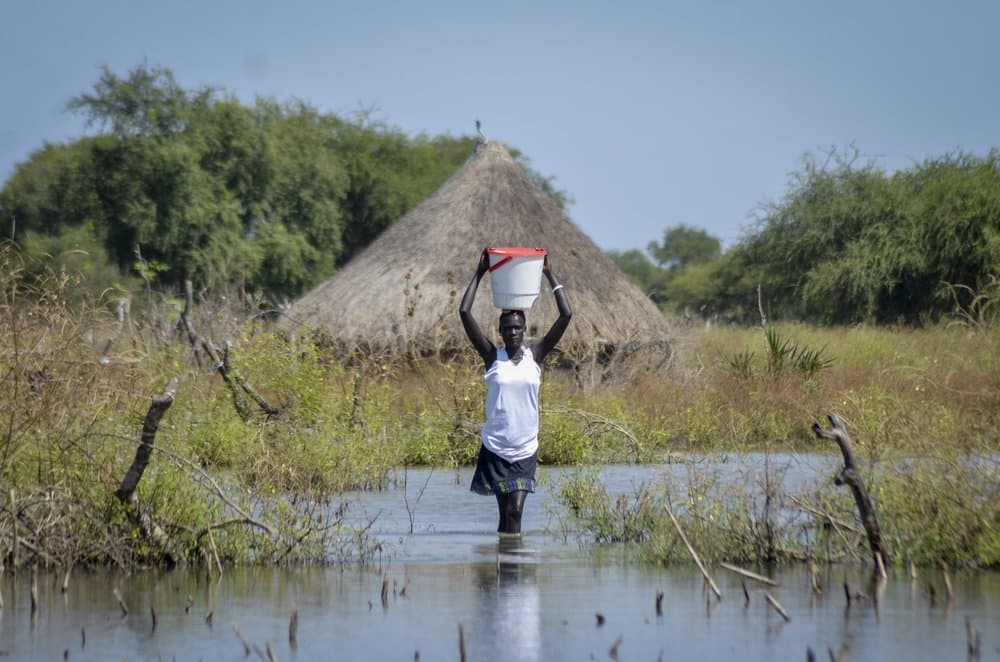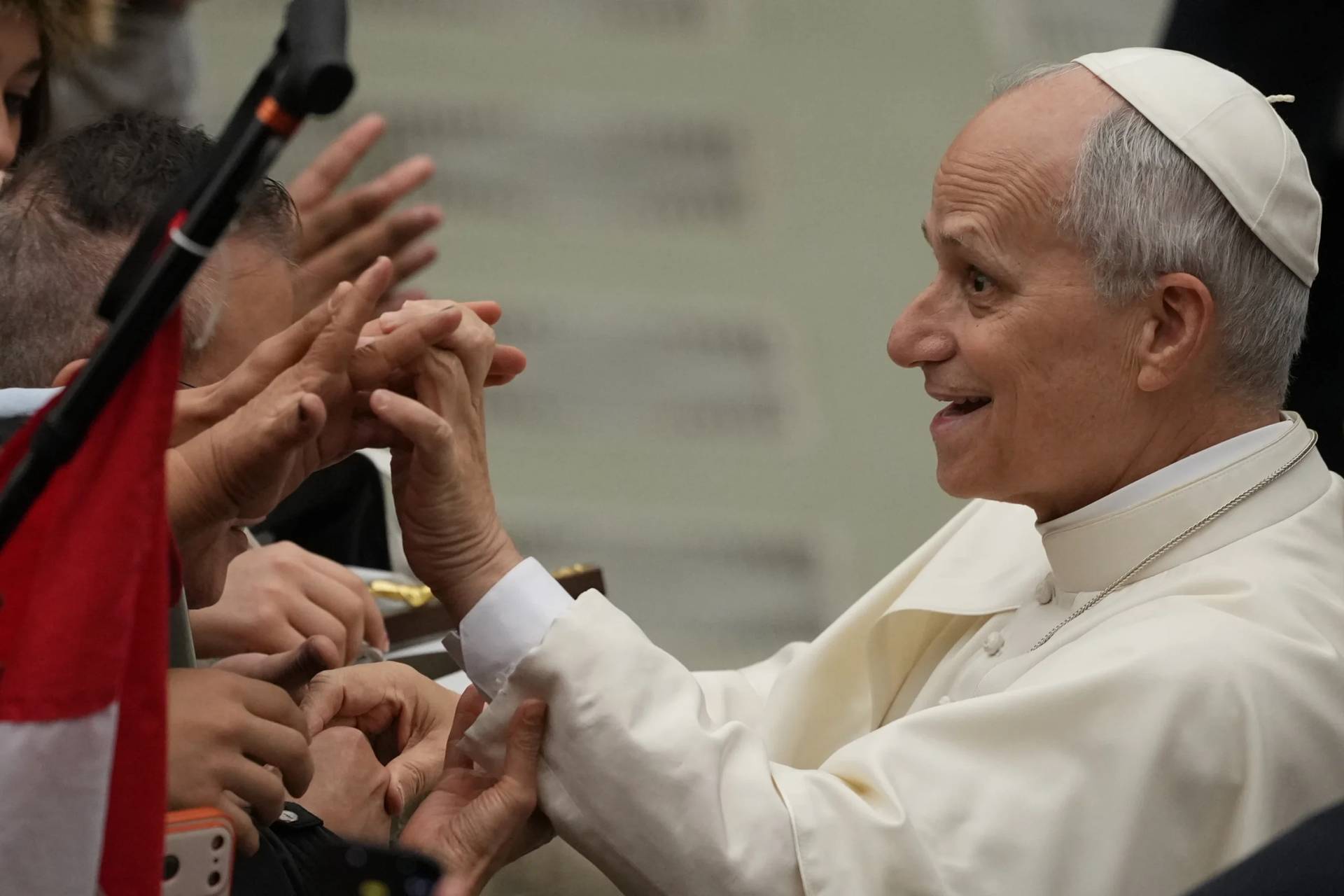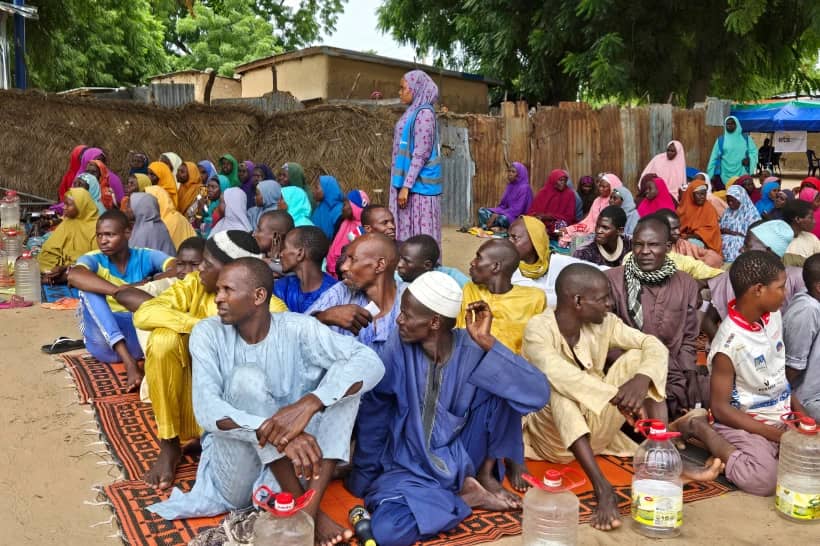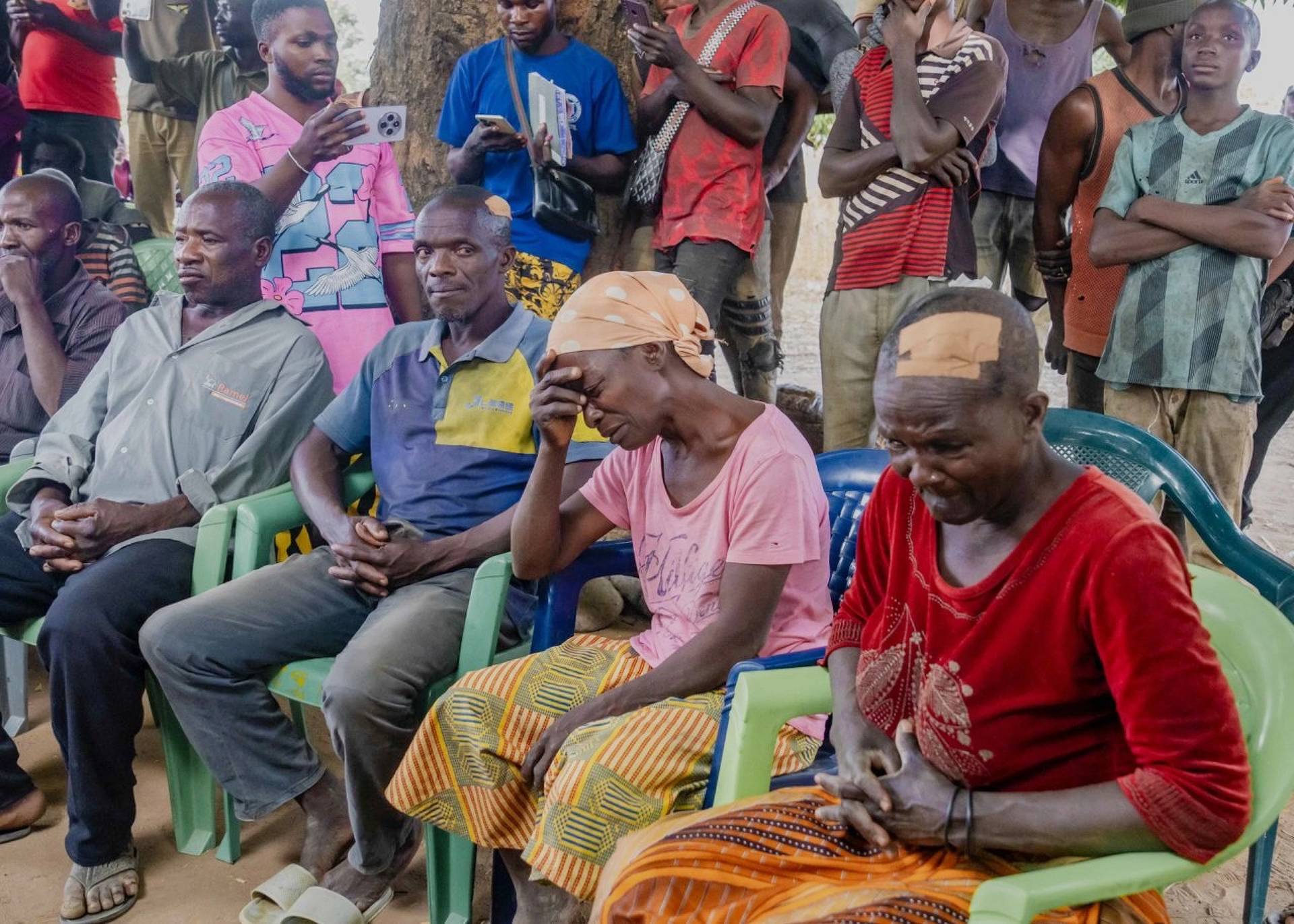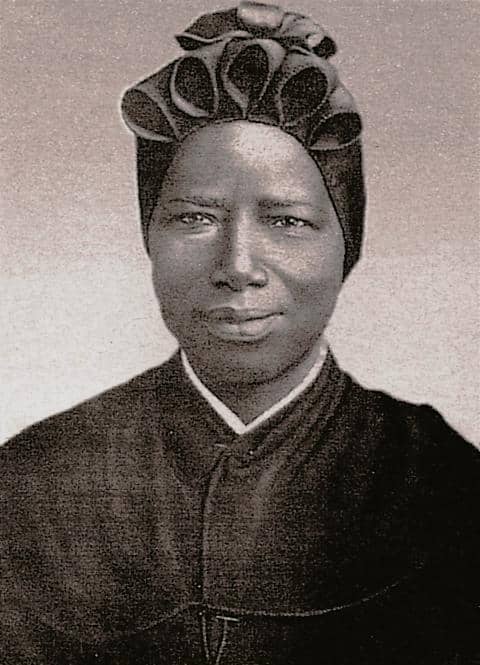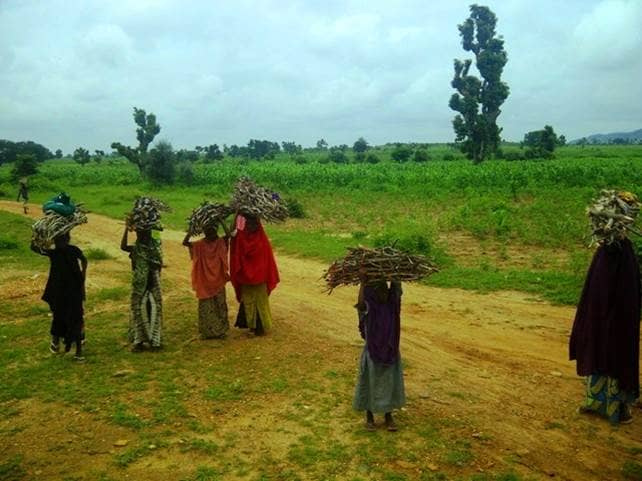YAOUNDÈ, Cameroon – A high-profile case involving two top executives of Swedish oil company Lundin Energy has sparked hopes that at last, companies involved in the extractive industries could be forced to respect human rights in the areas in which they operate.
The two company representatives, Ian Lundin and Alex Schneiter, are facing trial for alleged complicity in war crimes during their company’s operations in then-southern Sudan from 1999 and 2003.
In 2011, the southern part of Sudan in which the human rights abuses are alleged to have occurred became the independent republic of South Sudan.
Swedish prosecutors are also seeking to seize $152.2 million from the company, estimated to be the value of the profit made from the sale of Lundin’s business in southern Sudan in 2003.
Investigations leading to these charges began in 2010 following a report by PAX, a Dutch NGO, which the former implementing agency for the European Coalition on Oil in Sudan (ECOS), on Lundin’s activities in the region.
The report entitled Unpaid Debt, alleged that members of the Lundin Consortium, including OMV AG (Austria) and Petronas (Malaysia), may have been involved in the commission of international crimes in Sudan between 1999 and 2003,which helped sparked the devastating war in that country.
“The report concluded that Lundin and its business partners may have been complicit in international crimes as it signed a contract with the Government of Sudan to exploit oil in an area that was not under Government control, a Government that routinely committed war crimes, also in the context of securing oil operations,” said Egbert Wesselink, the main author of the report, in an interview with Crux.
“When this indeed happened, the company nevertheless continued to request security interventions, which were indeed invariably of a criminal nature. The report also called upon the Government of Sweden to open an investigation,” he said.
Wesselink now says the decision to indict the oil executives is “fantastic news.”
“It’s first of all fantastic news for the many victims of the crimes,” said
“Also, the international legal importance is already there but will mostly depend on the proceedings; in case of a conviction the trial will set new and higher international standards for business conduct in violent and other high-risk conditions,” he told Crux.
He said if the accused are finally indicted, it would restore a sense of justice to the victims.
“Victims of human rights violations have a right to remedy and reparation, more specifically, truth, recognition, apologies, access to justice, compensation, reparation and/or rehabilitation, and guarantees of non-repetition. Together this may allow for reconciliation,” Wesselink said.
The South Sudan Council of Churches has also welcomed the development.
“There is no peace without justice, no reconciliation outside the truth, no forgiveness without repentance,” the council said in a statement.
“Many grave crimes have been committed against our people in South Sudan and peace remains elusive without justice, truth and repentance. It is encouraging to know that the Swedish authorities have decided to hold the oil company Lundin Energy to account for its role during the civil war,” said the statement signed by leading clerics in the country, including Archbishop Stephen Ameyu Martin Mulla of Juba, who is Vice Chairman of the council.
“The Church stood and will always stand with the victims of oil exploitation twenty years ago and they still do today. Victims of abuses in villages and homes around the oil fields have the right to access to remedy and reparation. We hold the Swedish court system in high esteem and trust its wisdom. We pray that the trial will help to heal the wounds of our brothers and sisters in Unity State and pave the road for forgiveness and reconciliation,” the statement said.
Rev. James Kuong Ninrew, the Chairman of the South Sudanese Coalition on Transitional Justice and a plaintiff in the trial, has expressed hope that the trial, which is expected in begin in early 2022, would help end the cycle of impunity.
“Impunity and disregard for victims has been among the root causes of perpetuating violence in South Sudan. There can be no peace without truth and redress. The wheels of justice are turning slowly, but nobody can escape them, no matter how rich or powerful,” he wrote in a statement.
“Our villages have been burned down, our daughters raped, children abducted, parents beaten to death, cattle stolen, communities uprooted and displaced. The human rights abuses of the oil war have devastated our lives. As victims of human rights abuses, we have the right to remedy and reparation. This right has been denied to us and we claim it now,” he continued.
“Crimes have been committed by a variety of armed forces after the Government of Sudan decided to let international companies exploit oil on our land. The Lundin Consortium found our oil, sold it for a fortune, and left. Its managers are expected to stand trial in Sweden shortly for complicity in crimes committed against us. The Consortium members and their shareholders are indebted to us and it is time to pay,” he said.
